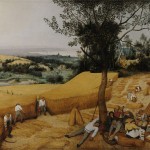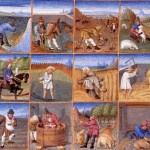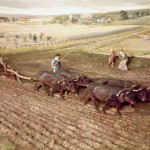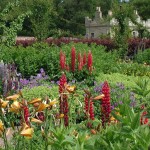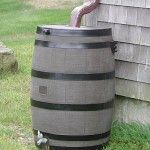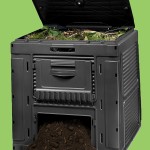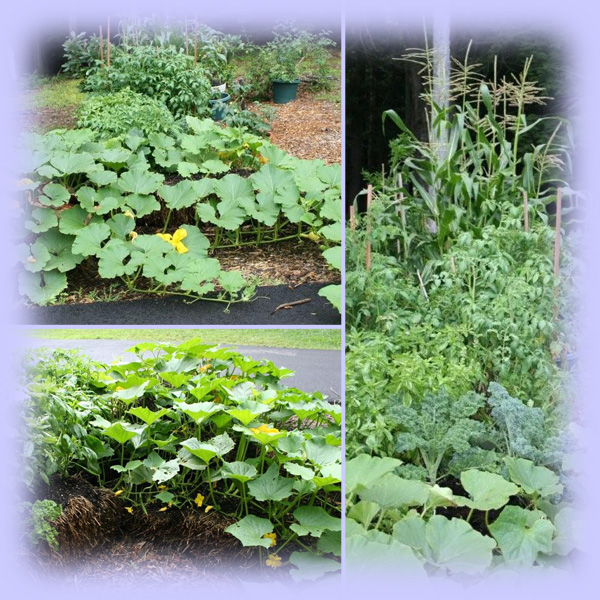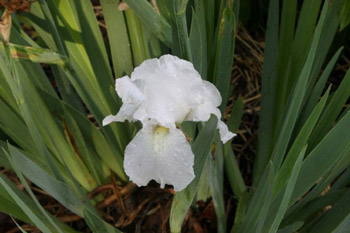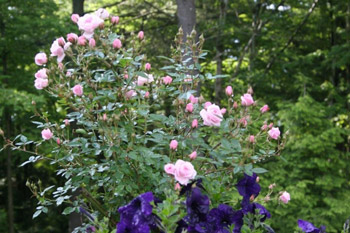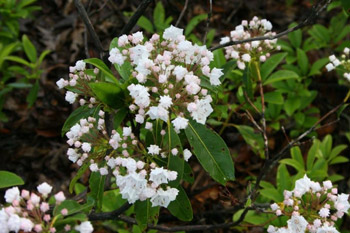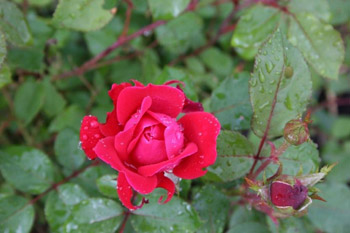Sustainable Gardens: Will Your Garden Sustain You?
Castle Gardens – How It Was Then:
The Middle Ages saw significant improvements in the agricultural techniques and technology. There was a steady clearing of woodlands and draining of wetlands for the increase of cropland throughout the period until about the year 1300. Tools such as axes, adzes, and bill-hooks were improved, but most significant was the gradual evolution of the scratch plough from the classical Mediterranean world into the mouldboard plough capable of turning over the heavy soils of northern Europe. The period saw a general move from a two field crop rotation to a three field crop rotation in which one field of three was left fallow every year. Also, there was a general change from small patchworks of fields to one large open field divided into strips owned by various members of a community. The use of watermills was common in the Middle Ages. There was tremendous increase in windmills from the 12th to the 13th century; some tens of thousands were built.
Crops were wheat, rye, barley, and oats. Peas, beans, and vetches became common from the 13th century onward as a fodder crop for animals and also for their nitrogen-fixation fertilizing properties. Crop yields peaked in the 13th century, and according to Bruce Campbell and Mark Overton stayed more or less steady until the 18th century.
Though the limitations of Medieval farming were once thought to have provided a ceiling for the population growth in the Middle Ages, recent studies by Campbell and David Stone have shown that the technology of Medieval agriculture was always sufficient for the needs of the people under normal circumstances, and that it was only during exceptionally harsh times, such as the terrible weather of 1315–17, that the needs of the population could not be met.
Castle Gardens – How It Is Now:
Industrial farming is a form of modern farming that refers to the industrialized production of livestock, poultry, fish, and crops. The methods of industrial agriculture are technoscientific, economic, and political. They include innovation in agricultural machinery and farming methods, genetic technology, techniques for achieving economies of scale in production, the creation of new markets for consumption, the application of patent protection to genetic information, and global trade. These methods are widespread in developed nations and increasingly prevalent worldwide. Most of the meat, dairy, eggs, fruits, and vegetables available in supermarkets are produced using these methods of industrial agriculture.
Our garden is grown in wheat straw bales. Everything has grown super large and beautifully in wheat straw. This old form of gardening was easy to do and the plants love it. Everything is supersized, from the cucumbers to the 6′ plus tall corn to the giant pumpkins. We used natural fertilizers and no pesticides to produce these outstanding vegetables and fruits. There are benefits to using straw bales – they hold heat and moisture quite well; provide nutrients as they compost, no weeds, and the garden is up higher – hence less back strain! The only downside we have discovered is that as the straw bales compost back into the ground it becomes more challenging to stake up the tomatoes.
Our gardens, lawns, and special projects of hazelnut/truffle trees, and medicinal herbs are designed to create a unique sustainable Castle environment. We use innovative and environmentally safe products for fertilization, pest control, snow and ice melting, and are building a green model for the surrounding hilltowns. The soil in this part of the country is challenging and often not the best for growing plants and trees. We have discovered a molasses that turns the hard packed clay into fluffy rich dirt, a seaweed fertilizer that adds minerals, and worm casting that assist the soil in retaining moisture and actually increases crop yield. Our own vermiculture efforts are already producing good results and ultimately we hope to inspire others to adopt similar green ventures.
